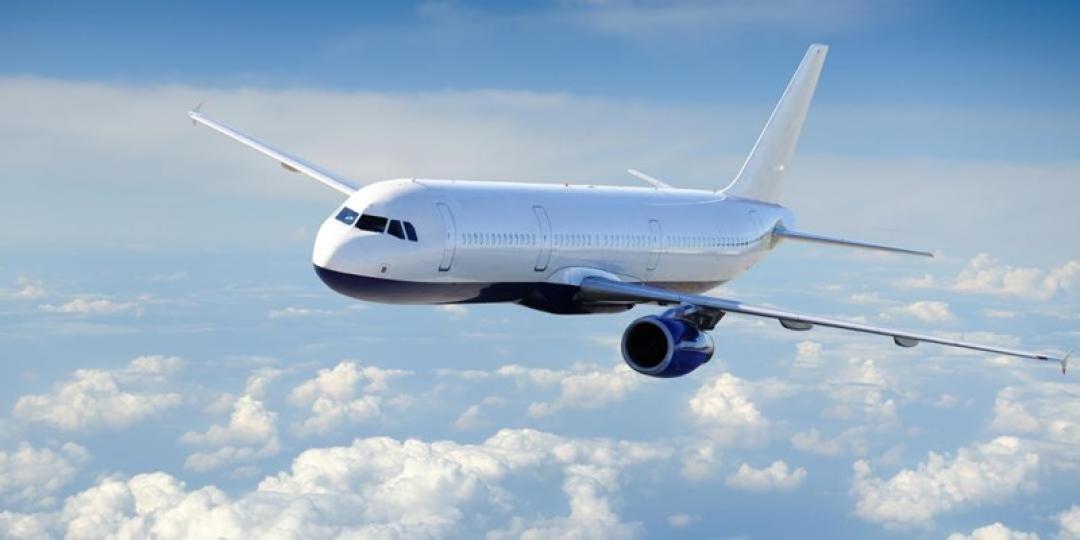Post-COVID, travellers could likely opt for direct flights over the hub-and-spoke system, said Guy Leitch, editor of SA Flyer, during a PSG-hosted webinar this week.
“One of the fall-outs of the pandemic is going to be a move away from the hub-and-spoke system, back to more point-to-point flying. People are not going to want to transit through hubs and sit on the ground for a couple of hours sharing germs with people from all over the world – people are going to want to fly direct,” Leitch said. He added that this change would be good, in theory, for SAA.
The liberalisation of South Africa’s airspace has impacted on SAA. “South Africa has, rightly or wrongly, embraced open skies and liberalisation with a vengeance. What this means is a really cut-throat business. Margins are paper-thin. It’s been a free-for-all, so much so that all the other airlines around the world have come in and eaten SAA’s lunch. Twenty years ago SAA used to account for more than two-thirds of all South African airline traffic – now it’s down to 12%.”
Liberalisation in SA airspace – while it may not be good for individual airlines who cannot compete – has resulted in low airfares for South Africans. Financial journalist Bruce Whitfield said: “You can go anywhere in the world for a fraction of what you would have paid 20 years ago, because that monopoly is gone. Competition is good. Two years after SAA stopped flying its Cape Town-Heathrow route, foreign arrivals to CT were up 27%, courtesy of this liberalised open-skies approach. It was good for tourism.”
But those cheap airfares could be coming to an end post-COVID, when it’s likely that passengers will opt for direct flights in preference to hubs.
Leitch highlighted two areas of focus in the search for profitability – corruption and routes. “The single biggest problem was corrupt procurement. You could knock R4 billion (€205 million) back into the bottom line, just by cleaning up procurement.
“There are routes that need to be addressed,” he said. “Let’s talk the Beijing route – why on earth were we flying there? Beijing is the political capital of China, so we were flying there for vanity and flag-flying reasons, and losing R1 million on every flight to Beijing. The airline cannot, at this stage, make money east of Dubai, because it cannot compete with the super-connectors – like Emirates and Qatar. So you’ve got to cancel those routes as well, with the possible exception of Perth.”
And what if SAA actually were liquidated and SA had no national carrier? Leitch said: “Other airlines would begin to move in, but in no hurry, as they will struggle to get back on to their feet, which will leave South Africa with a huge gap.”
He said this would affect not only inbound tourism and outbound travel, but it would also affect freight. “If air services aren’t in place, it doesn’t just affect tourism, but also the ability to trade goods and services into the country as well. The airline needs to be in place to drive and enable the return to business.”























